Unlock the Secrets of Minecraft's Diverse Woods: A Comprehensive Guide
This guide explores Minecraft's twelve primary wood types, detailing their unique characteristics and optimal uses in crafting, construction, and beyond. Let's delve into the rich tapestry of arboreal resources available in the Minecraft world.
Table of Contents:
- Oak
- Birch
- Spruce
- Jungle
- Acacia
- Dark Oak
- Pale Oak
- Mangrove
- Warped
- Crimson
- Cherry
- Azalea
Oak
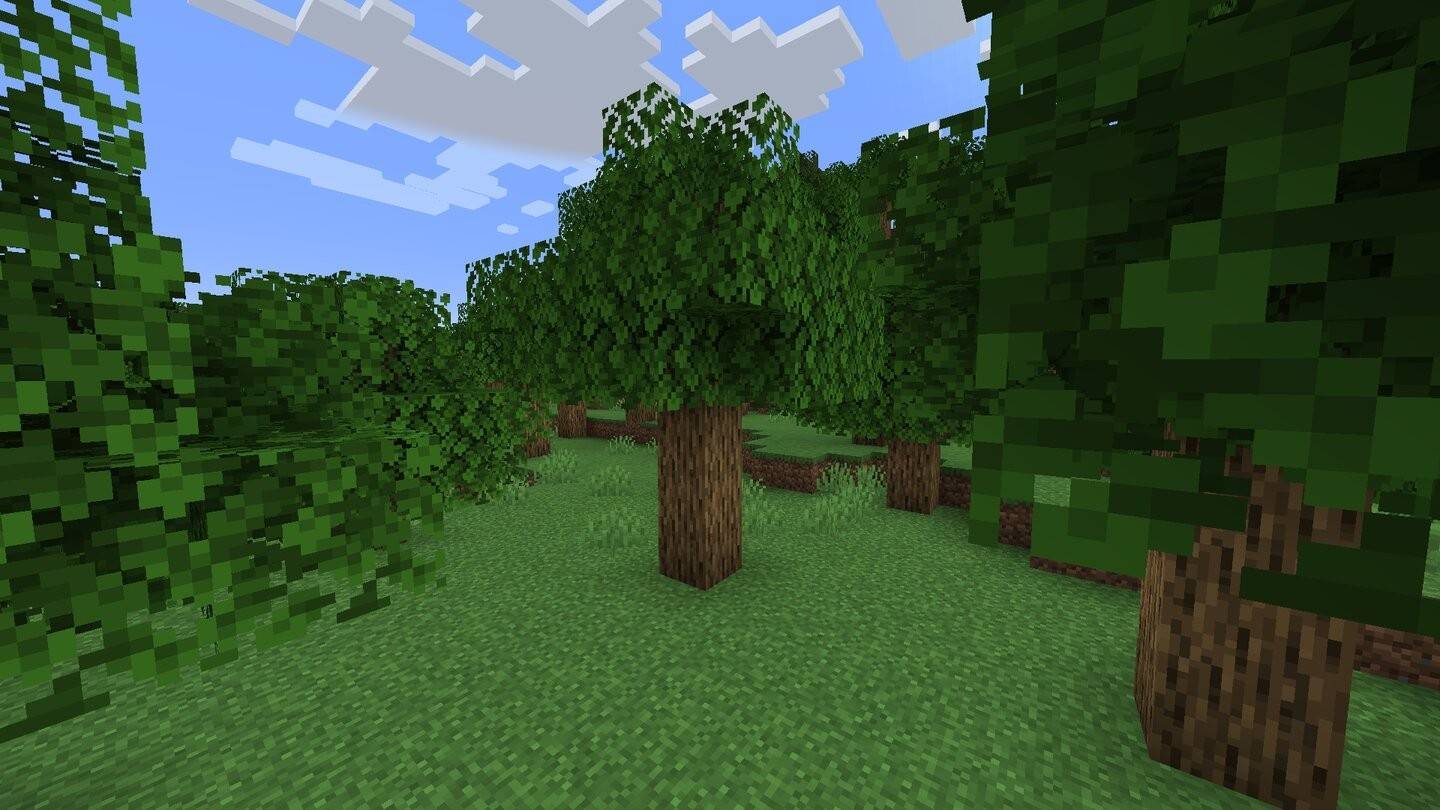 Image: ensigame.com
Image: ensigame.com
The ubiquitous oak, found in most biomes (excluding deserts and icy tundras), is a versatile crafting staple. From planks and sticks to fences and ladders, oak's adaptability makes it ideal for a wide array of projects. Its fruit, apples, provide early-game sustenance or golden apple crafting components. Oak's neutral tone lends itself to diverse architectural styles, from rustic charm to modern cityscapes.
Birch
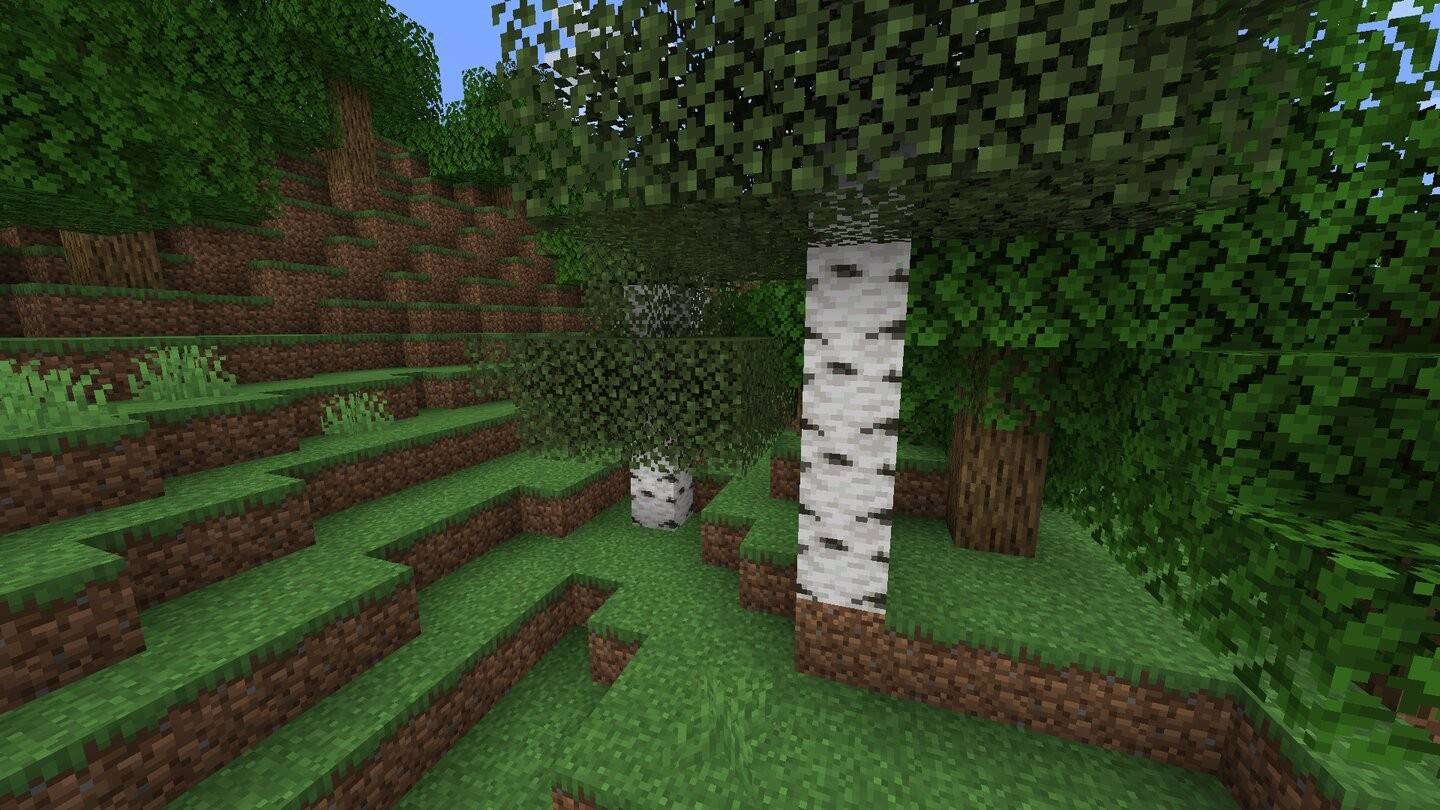 Image: ensigame.com
Image: ensigame.com
Found in birch forests and mixed biomes, birch wood boasts a light, patterned aesthetic perfect for modern or minimalist builds. Its elegant texture complements stone and glass, creating bright, airy interiors.
Spruce
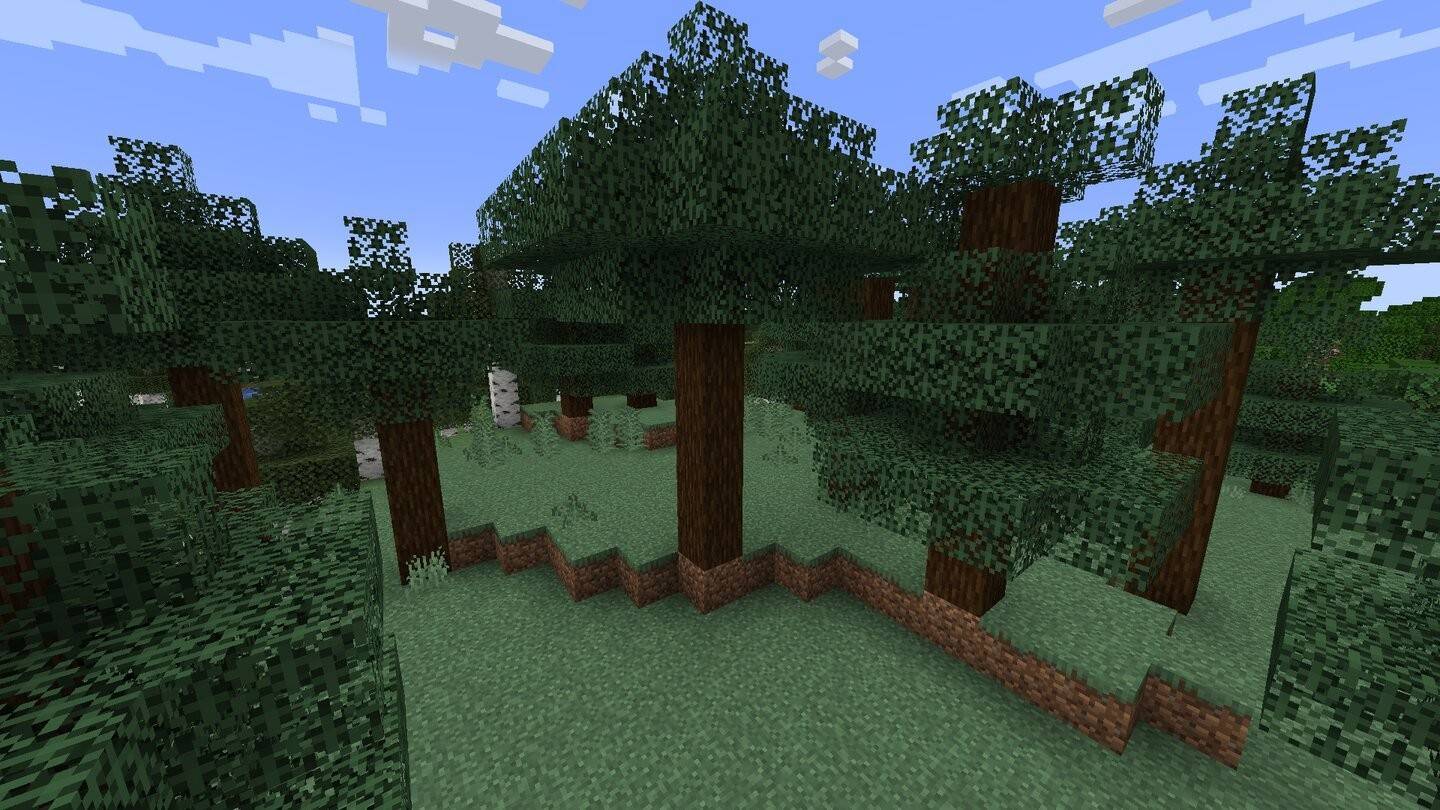 Image: ensigame.com
Image: ensigame.com
Spruce, prevalent in taiga and snowy biomes, offers a darker, more robust wood ideal for gothic or medieval constructions. Its height presents a slight harvesting challenge, but the reward is a wood texture that lends itself beautifully to castles, bridges, and country homes.
Jungle
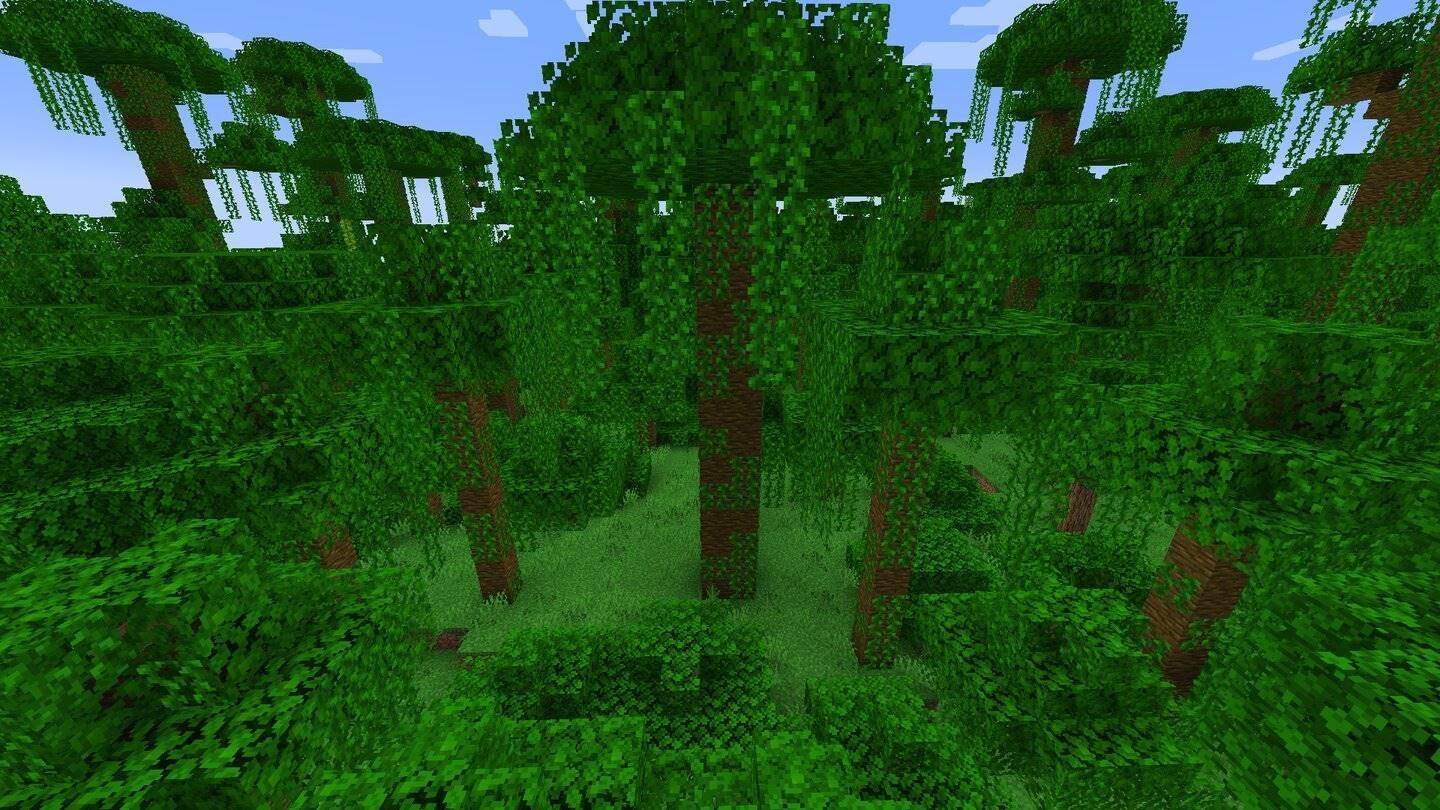 Image: ensigame.com
Image: ensigame.com
Jungle trees, towering giants of their biome, yield a brightly hued wood often used for decorative purposes. Their cocoa bean bounty adds a farming dimension to their value, making them essential for establishing cocoa plantations. Their exotic appearance is perfect for adventure-themed builds or pirate hideouts.
Acacia
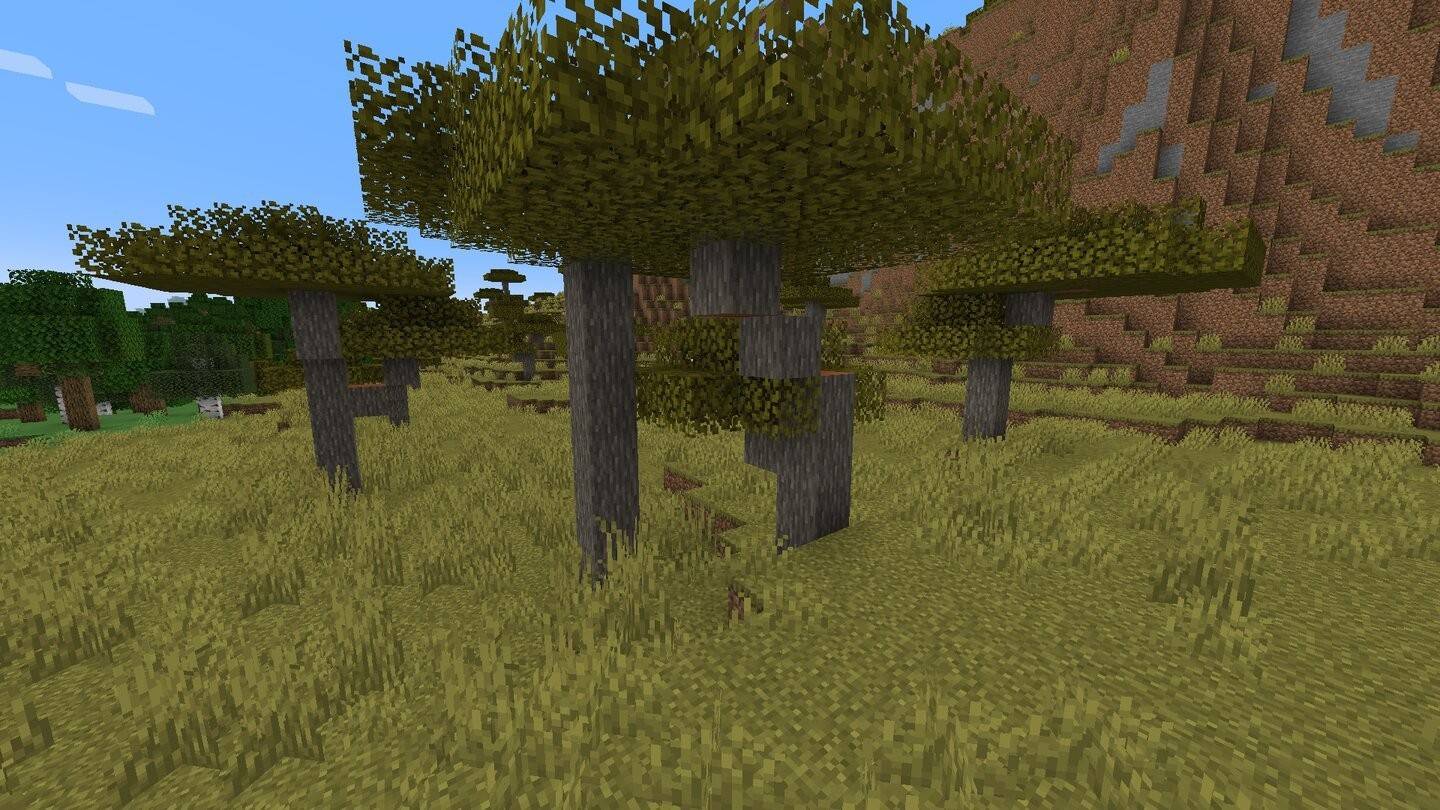 Image: ensigame.com
Image: ensigame.com
Acacia's distinctive reddish hue and unique, horizontally branching structure make it a striking addition to savanna landscapes. Its wood is perfect for creating ethnic-style villages, desert bridges, or structures inspired by African architecture.
Dark Oak
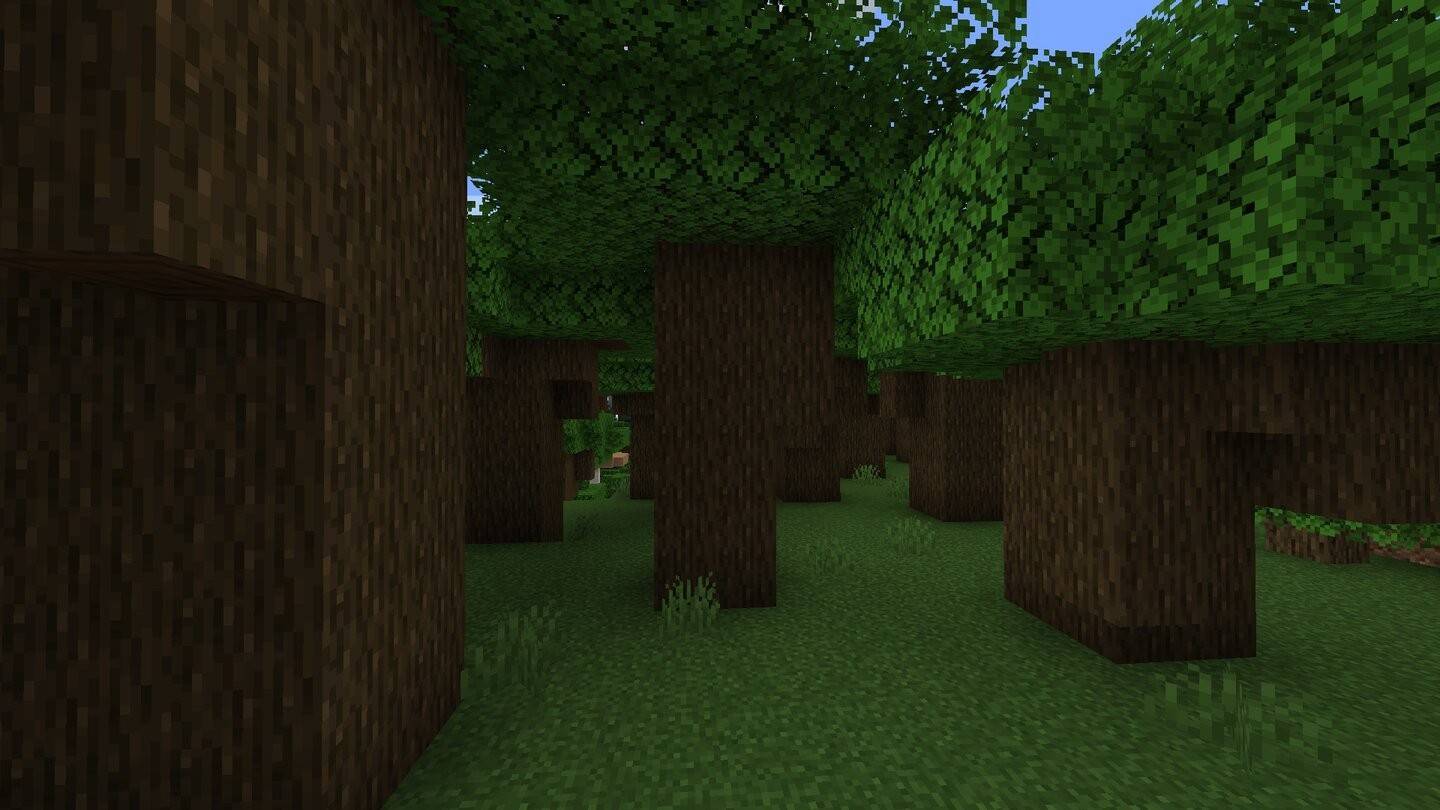 Image: ensigame.com
Image: ensigame.com
Dark oak, a rich, chocolate-brown wood, is a favorite among castle and medieval builders. Its rarity (found only in Roofed Forests and requiring four saplings for planting) adds to its prestige. Its deep texture is ideal for luxurious interiors and imposing doors.
Pale Oak
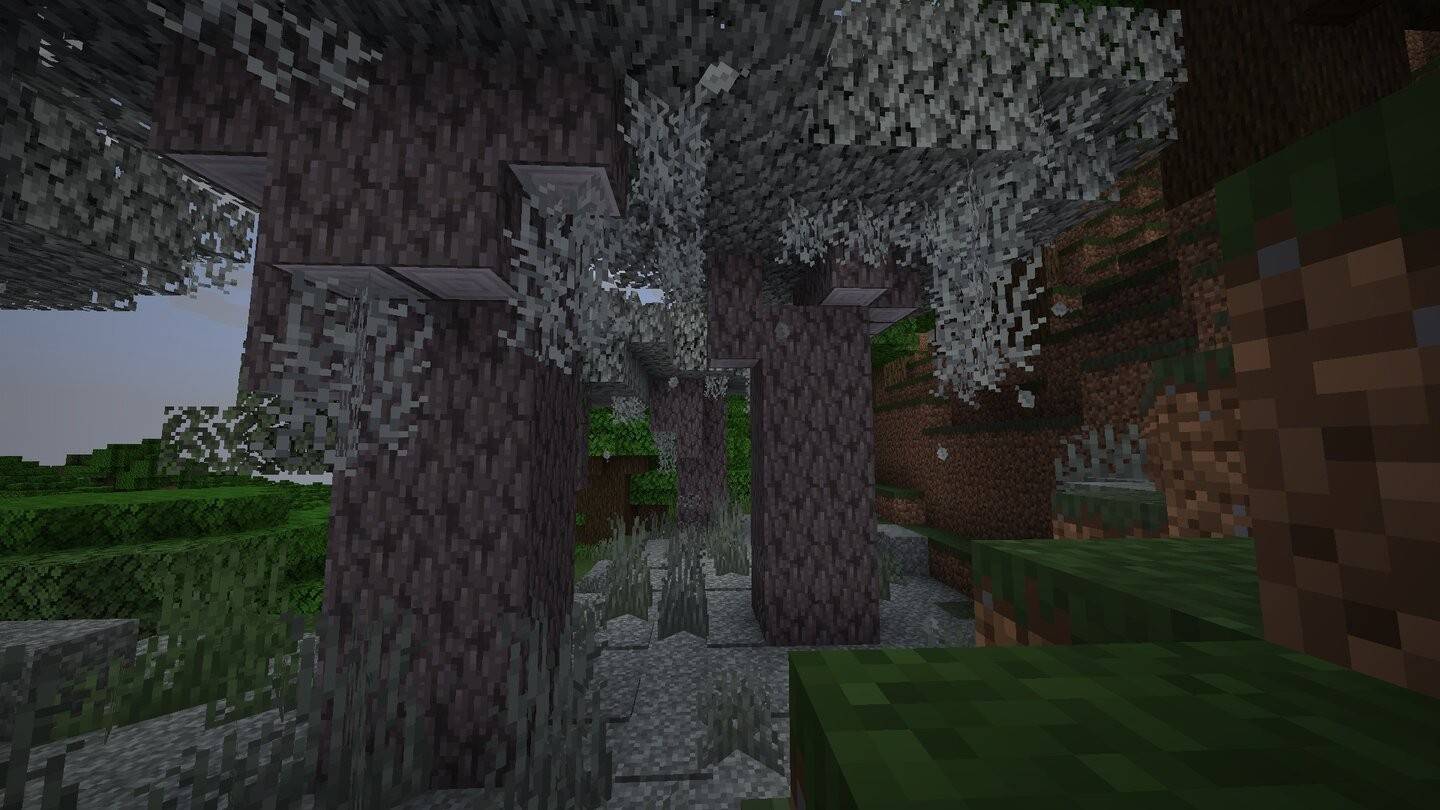 Image: ensigame.com
Image: ensigame.com
Pale oak, found only in the Pale Garden biome, shares Dark Oak's texture but in a contrasting gray tone. Its unique moss and nighttime "skripcevina" feature add an element of danger and intrigue. Its contrasting color makes it a perfect complement to Dark Oak.
Mangrove
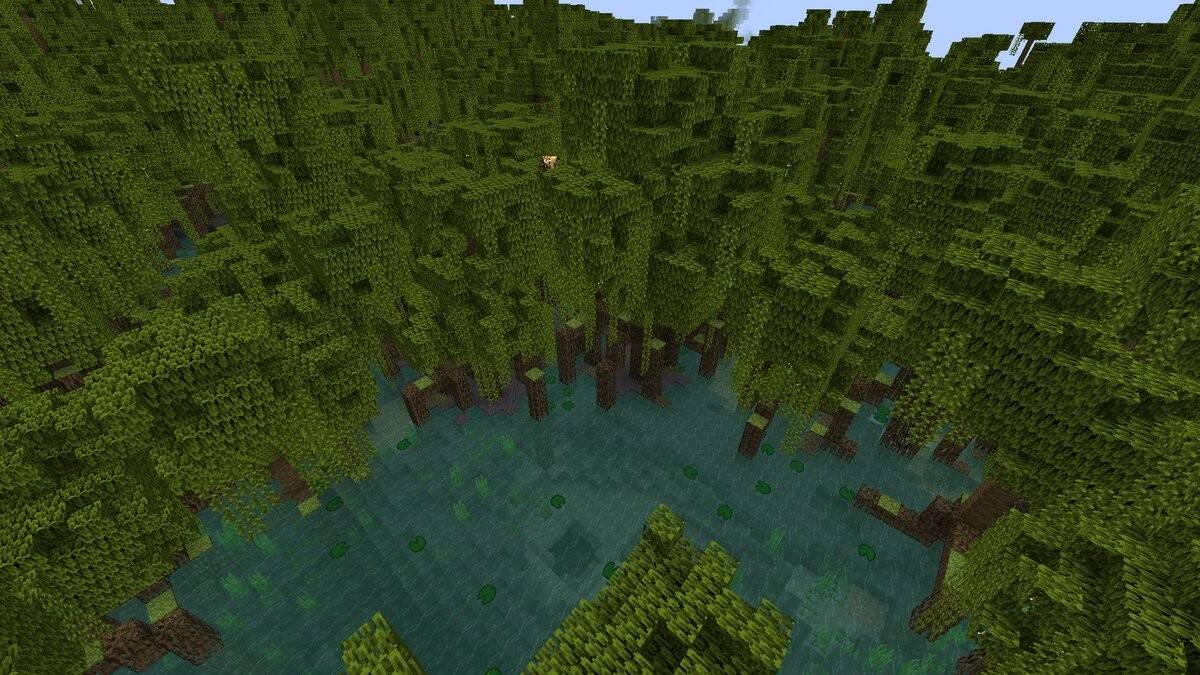 Image: youtube.com
Image: youtube.com
A recent addition, mangrove wood, with its reddish-brown hue and distinctive roots, is perfect for authentic swamp-themed builds, piers, and bridges.
Warped
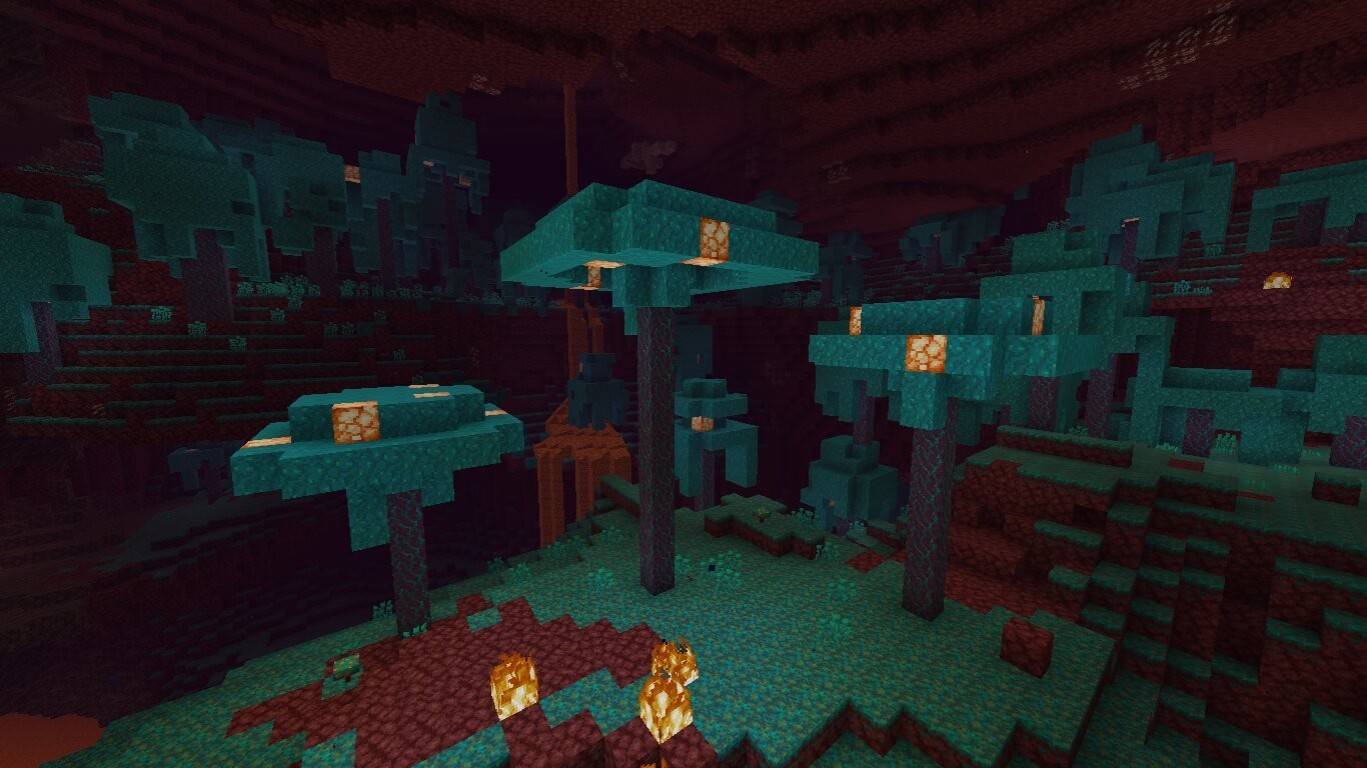 Image: feedback.minecraft.net
Image: feedback.minecraft.net
One of the Nether's two wood types, warped wood's turquoise color and non-flammable nature make it ideal for fantasy-themed builds, magic towers, and unconventional constructions.
Crimson
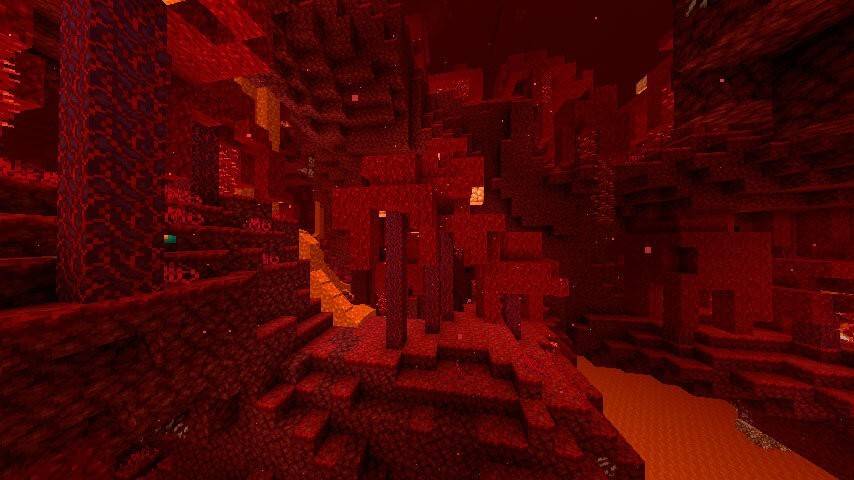 Image: pixelmon.site
Image: pixelmon.site
The Nether's other wood type, crimson wood, offers a dark, red-purple hue perfect for demonic or dark-themed builds. Its non-flammability makes it suitable for hazardous environments.
Cherry
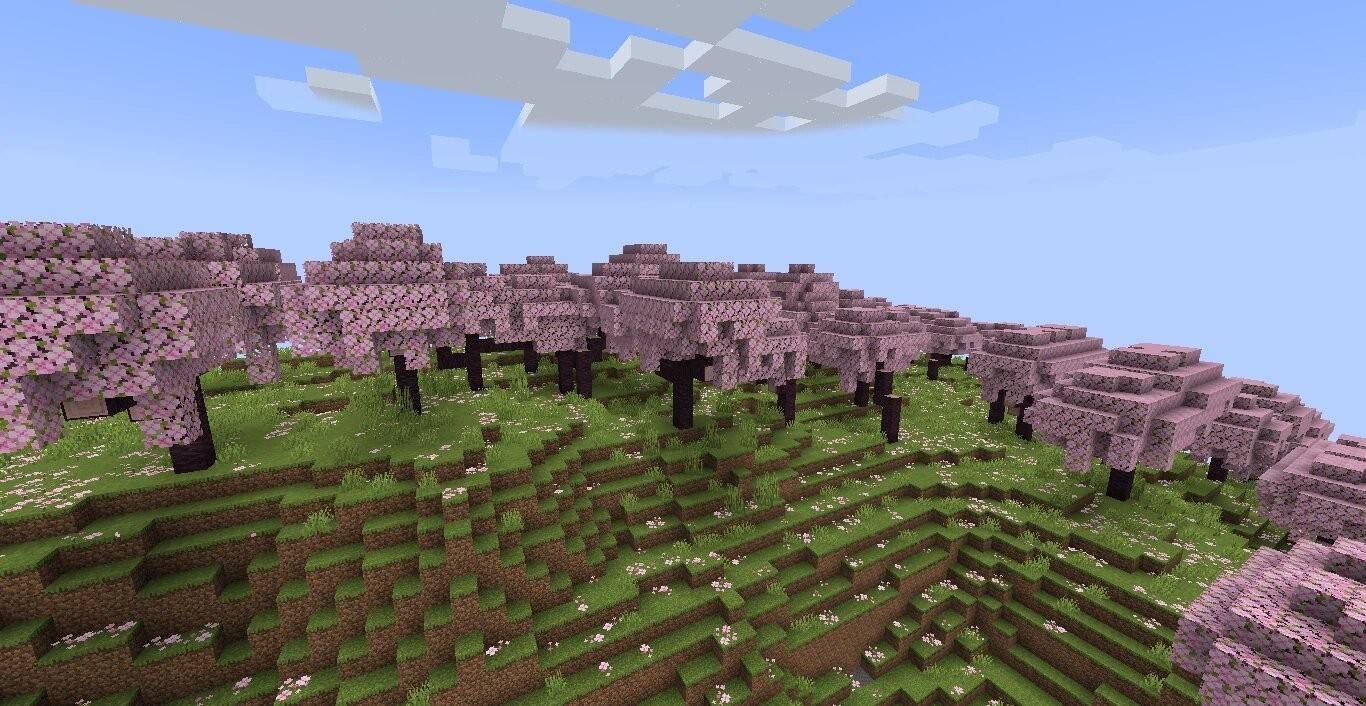 Image: minecraft.fandom.com
Image: minecraft.fandom.com
Cherry trees, found only in cherry groves, produce falling petal particles, adding atmospheric charm to builds. Its bright pink wood is ideal for unique furniture and interior decoration.
Azalea
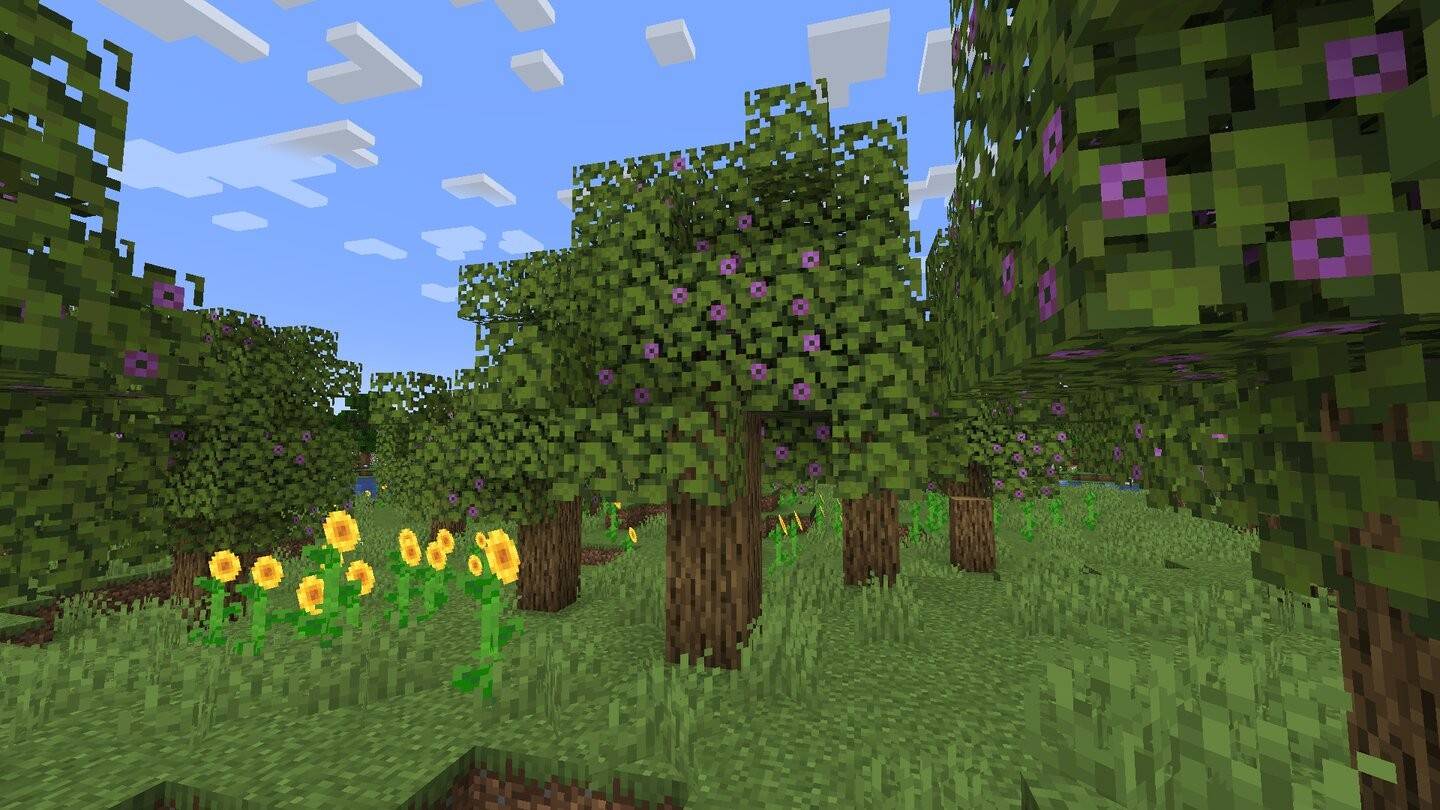 Image: ensigame.com
Image: ensigame.com
Similar to oak but with unique flowering features and a root system, azalea trees grow above lush caves, offering a handy landmark for mining.
Conclusion:
Minecraft's diverse wood types offer endless possibilities for creative expression. While crafting functionality remains consistent, the unique textures and colors provide unparalleled versatility for building, decorating, and even farming. So, equip your axe and unleash your inner architect!















